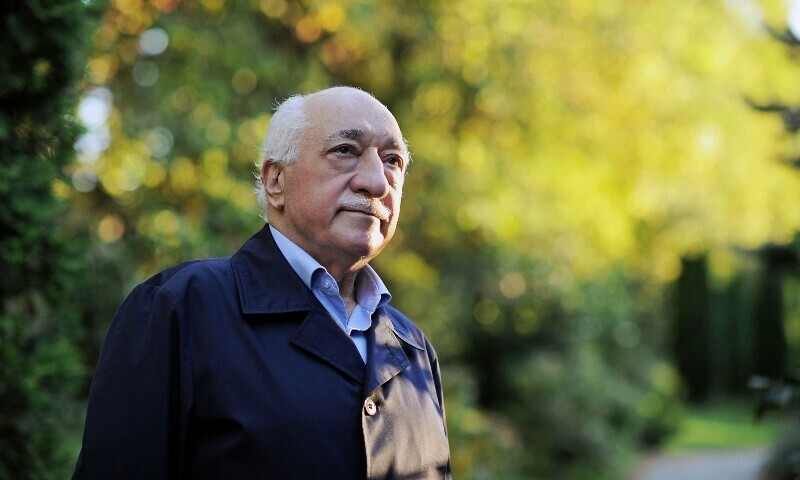Before becoming bitter adversaries, Turkish-born Gulen, who had lived in the United States since 1999, was a close ally of Turkish President Recep Tayyip Erdogan.
Using Turkiye’s term for Gulen’s once-powerful Hizmet movement, Foreign Minister Hakan Fidan told a press conference, “Our intelligence sources confirm the death of the leader of the FETO organization.”
According to public television in Turkiye, TRT, the preacher, who had been stripped of his Turkish nationality in 2017 and had lived in Pennsylvania for a quarter of a century, passed away in a hospital overnight.
Gulen’s website Herkul, which is banned in Turkiye, posted a message on X stating that he died on “October 20” and promising to share details about his funeral.
Gulen moved to Pennsylvania in 1999, apparently for wellbeing reasons, and from that point he ran Hizmet which, at that point, had a rambling organization of state funded schools on each landmass.
In 2013, he had a significant run in with Erdogan and after three years the Turkish strongman blamed him for plotting to oust him, naming Hizmet “the Fethullah Dread Association” (FETO).
On July 15, 2016, a rogue military faction used warplanes and tanks to try to overthrow Turkiye’s government, killing 250 people. Erdogan blamed Gulen supporters in the military.
Fidan said, “This organization has become a threat rarely seen in the history of our nation,” and that its members were “being used as a weapon against their own country.”
Regardless of Gulen’s demise, Turkiye would proceed “the battle against this association, which represents a public safety issue”, Equity Priest Yilmaz Tunc composed on X.
Partner turned foe
When a partner who assisted Erdogan when he became with preparing pastor in the mid 2000s, Gulen’s binds with him became stressed in 2010.
After three years, Gulen became persona non grata when a defilement embarrassment immersed the Turkish chief’s inward circle.
Despite the preacher’s repeated assertions that his movement was merely a network of charitable and business institutions, Erdogan laid the blame on Gulen and began to make accusations of links to terrorism.
Things deteriorated after the upset, with the specialists indicting in excess of 700,000 individuals and giving a lifelong incarceration to nearly 3,000 Gulen devotees for their supposed contribution in the putsch.
Bayram Balci, a scientist at the Paris Organization of Political Examinations (Sciences-Po) let AFP know that the passing of the once-charming minister would have little effect in Turkiye.
“Gulen’s image has been very bad ever since the breakup with Erdogan in 2010 and especially since the 2016 attempted coup. Not many individuals hold him in high regard,” he told AFP.
There was zero chance Ankara would permit Gulen’s body to be localized for entombment, and he would almost certainly be covered close to his home in Pennsylvania, he said.
Hizmet is “as of now not the enormous development that it used to be” with its impact a lot of diminished and its huge organization of schools presently just principally working in Germany, the US, Nigeria and South Africa.
From countries where his network is active, Turkiye still routinely gathers Gulen followers and demands their extradition.
Turkish security sources cited by the confidential NTV telecaster said not many individuals were supposed to go to Gulen’s memorial service and that his body would probably be covered in the US at an area which would be kept mystery.



